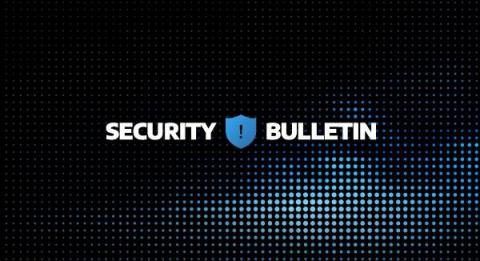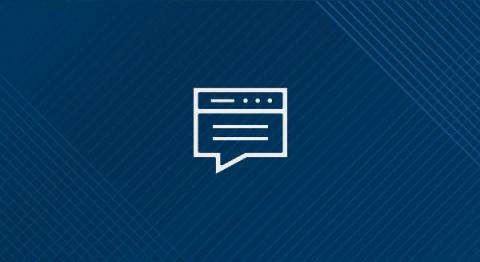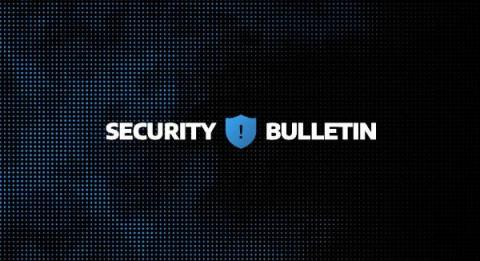PRC State-Sponsored Threat Actors (Volt Typhoon) Target Critical Infrastructure Entities
On February 7, 2024, CISA issued an advisory detailing their discoveries concerning state-sponsored cyber actors linked to the People’s Republic of China (PRC). Notably, the PRC-affiliated threat actor, Volt Typhoon, is actively engaged in efforts to infiltrate IT networks, with the potential aim of launching cyber attacks on vital U.S. infrastructure in the event of a substantial crisis or conflict with the United States.









